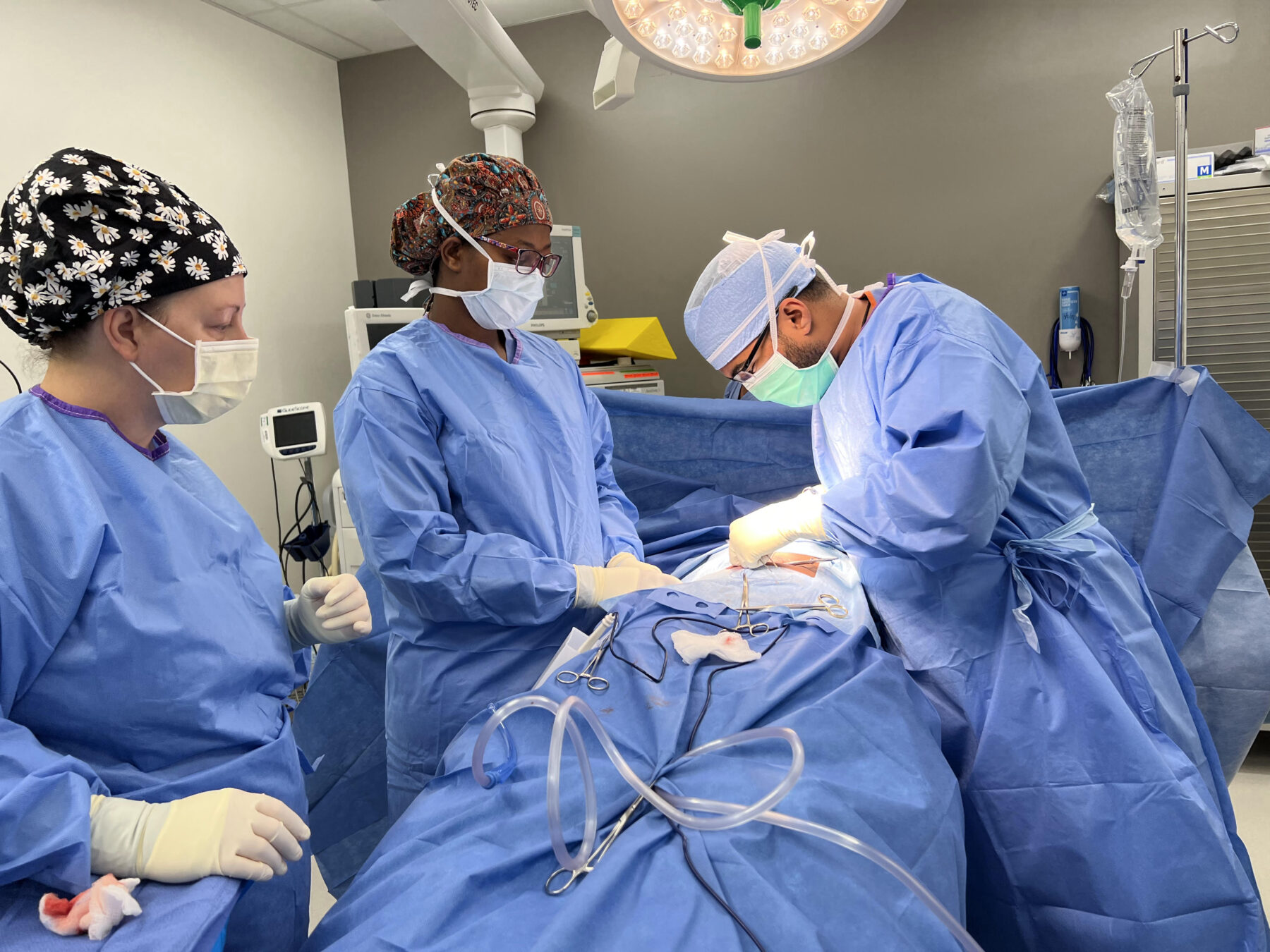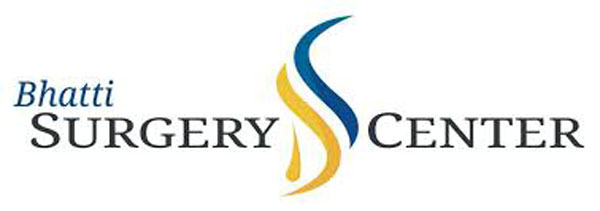
by Ahsan Bhatti, MD
Your gallbladder provides a very helpful purpose in your body, acting as a storage container for bile that is produced by the liver. When your body sends the signal that food needs to be broken down, the gallbladder releases the necessary amount of bile, making digestion easier.
So while the gallbladder provides a helpful service, it’s not actually a vital organ. This means that you can live a normal life without the organ, which is a new reality for more than one million Americans each year. And while you can live a healthy life without your gallbladder, adjusting to life without the organ will be a little easier if you know what to expect. In today’s blog, we share some tips on what life may look like after your gallbladder is removed.
What To Expect After A Cholecystectomy
The procedure to remove your gallbladder is called a cholecystectomy, and once it has been successfully performed, bile produced by your liver will flow directly into your small intestine. This will lead to a few things you’ll want to be aware of during your recovery and beyond.
For starters, you’ll want to take it easy on your digestive system for a bit. Stick to foods that are easy to digest for the first couple of days, like broth, gelatin and clear liquids, and slowly introduce soft foods from there. Your body will need time to adjust to life without a bile storage reservoir, and you can assist with this process by minding your diet in the first few days after surgery.
Also, when it comes to your diet, many patients living without a gallbladder find that it’s more comfortable to eat more smaller meals throughout the day rather than a couple big meals. Your liver is producing bile on an as-needed basis without the presence of your gallbladder, and smaller meals require less bile production than large meals. Larger meals will take longer to break down and pass, which can be a little uncomfortable, so consider snacking more throughout the day and eating less at meal time.
You’ll also want to be mindful of the types of foods you’re eating now that you’re down a gallbladder. Greasy, fatty foods are harder to break down in your digestive system, and without a gallbladder, consuming a lot of these foods can lead to increased gas and bloating. These digestive symptoms aren’t fun to deal with, so try to limit your intake of foods like french fries, pizza or anything that is deep fried.
And finally, it’s important to follow your doctor’s instructions when it comes to returning to normal physical activities, like work, athletics or exercise. While the lack of a gallbladder won’t affect these activities, the physical trauma of surgery can certainly make these tasks more difficult and even risky for your health. Many people can go home the same day or the day after gallbladder removal, but you may need to wait a bit longer before you are cleared for work. If you work a more physically active job or want to return to more strenuous physical activities, you may need to wait a few weeks until enough healing has run its course. Your doctor and your personal comfort can help to dictate when certain activities are again appropriate following your gallbladder removal operation.
For more information about life after gallbladder removal surgery, or to talk to a specialist about a different digestive issue, reach out to Dr. Bhatti and the team at Bhatti Surgery today at (952) 368-3800.
